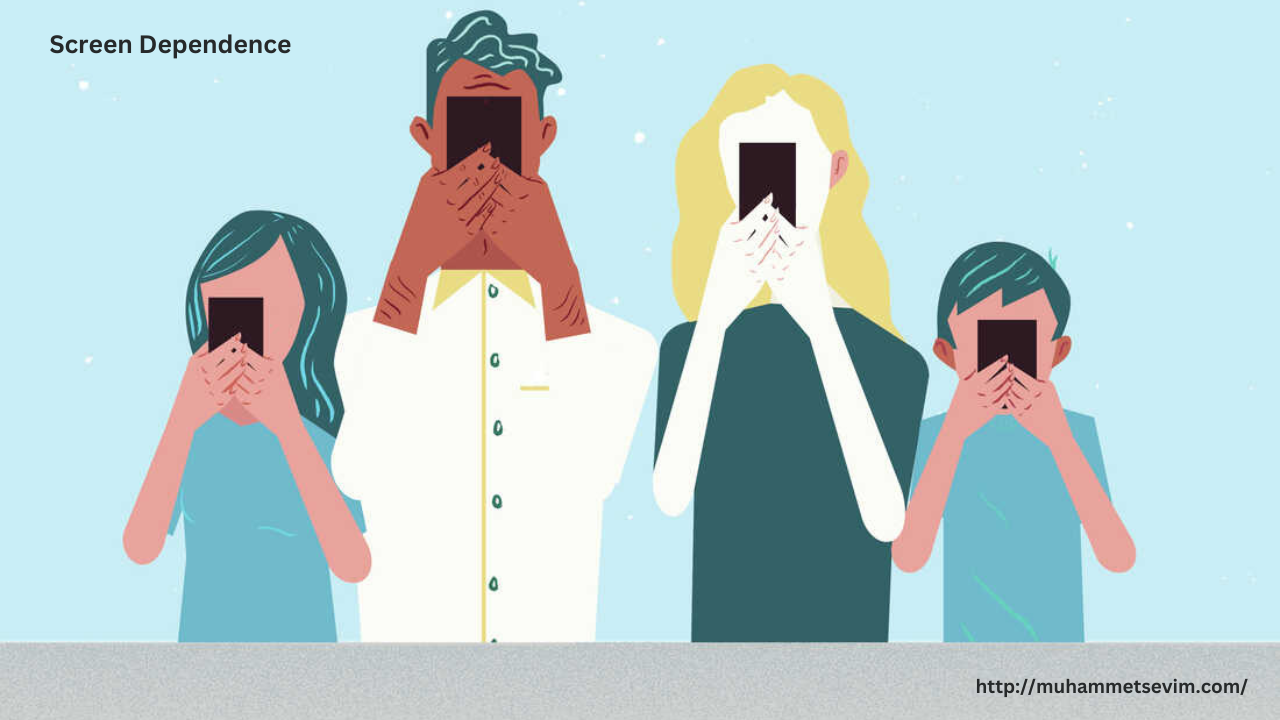In today’s digital age, the endless scroll has become a daily habit. Whether it’s social media, news feeds, or video platforms, we find ourselves mindlessly swiping, often without realizing how much time has passed. While technology offers convenience and entertainment, excessive screen use can lead to stress, decreased productivity, sleep disturbances, and even addiction. If you struggle with screen dependence, it’s time to take back control. Here are practical strategies to help you escape the scroll and build healthier digital habits.
1. Recognize the Signs of Screen Dependence
Before you can change your habits, you need to recognize them. Ask yourself:
- Do you check your phone first thing in the morning and before bed?
- Do you lose track of time scrolling social media?
- Do you feel anxious or restless when away from your phone?
- Does screen time interfere with your work, relationships, or hobbies?
If you answered “yes” to any of these, it’s time to take action.
2. Set Time Limits on Apps and Devices
One of the simplest ways to reduce screen time is to set boundaries:
- Use built-in screen time trackers to monitor usage.
- Set daily time limits on apps like social media and streaming platforms.
- Enable “Do Not Disturb” mode during work or family time.
- Schedule phone-free hours, especially in the morning and before bedtime.
3. Create Screen-Free Zones and Times
Establishing screen-free zones in your home can help reduce dependence:
- Keep phones out of the bedroom to improve sleep.
- Make mealtimes a phone-free experience to encourage conversation.
- Designate a “digital detox” hour each day to focus on offline activities.
4. Replace Scrolling with Meaningful Activities
Many people scroll out of boredom or habit. To break the cycle, find engaging offline activities:
- Read a book or listen to a podcast instead of browsing social media.
- Exercise or go for a walk to refresh your mind and body.
- Practice hobbies like drawing, writing, or playing an instrument.
- Spend quality time with friends and family without screens.
5. Reduce Digital Triggers
Your environment influences your behavior. Make small changes to reduce temptation:
- Turn off non-essential notifications to avoid distractions.
- Remove social media apps from your home screen or uninstall them temporarily.
- Use a grayscale screen setting to make scrolling less appealing.
- Keep your phone in another room while working or studying.
6. Practice Mindful Tech Use
Instead of mindless scrolling, be intentional with your screen time:
- Ask yourself, “Why am I using this device right now?”
- Set a purpose before using social media (e.g., to check messages, not to browse endlessly).
- Follow a one-screen rule: focus on one screen at a time instead of multitasking.
7. Schedule Regular Digital Detoxes
Taking breaks from screens can reset your habits and improve well-being:
- Try a weekend detox, where you disconnect from social media.
- Set up a one-hour rule: no screens for one hour after waking up and before bed.
- Experiment with a 24-hour digital fast to see how it affects your mood and focus.
Final Thoughts
Escaping the scroll isn’t about quitting technology altogether—it’s about using it mindfully. By setting limits, replacing screen time with meaningful activities, and creating better digital habits, you can regain control of your time, improve focus, and enhance your overall well-being. Start small, be consistent, and enjoy the benefits of a more balanced life.
